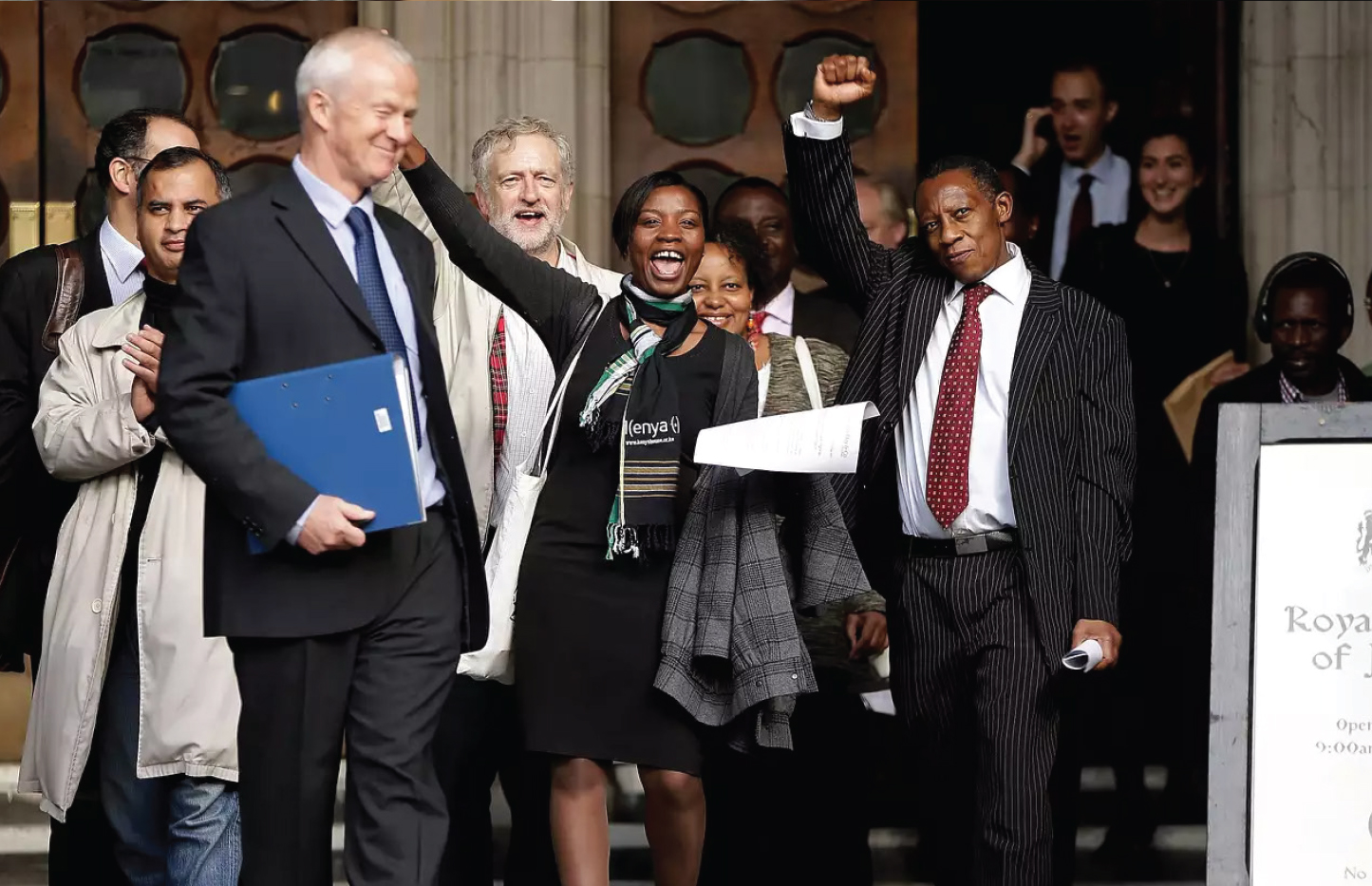- Home
- About
- Experts
- Publications
- Our Centers
- Policy Forums
- Speeches
- Events
- Multimedia
- Mon-Fri (9:00 am-7.00 pm)
- [email apolicyinstitute@gmail.com]
- +254 706 670 965
- Mon-Fri (9:00 am-7.00 pm)
- [email apolicyinstitute@gmail.com]
- +254 706 670 965

I am delighted to be a speaker at this important and timely conference on Mau Mau and the post-Colonial State in Kenya. My sincere thanks to my brothers and friends Dr. Kenneth Ombongi Associate Dean and Dr George Gona the Chairman of the Department of History and Archeology for inviting me. I am proud to be associated with the University of Nairobi as Adjunct Professor at the Department of Diplomacy and International Studies (DDIS) where I have been teaching and supervising Masters and Ph.D students since 2013.
I am also delighted that the Africa Policy Institute (API), where I serve President and Chief Executive, has an MoU with the University to conduct joint research, training, resource mobilization for common projects, and knowledge sharing through publications and convening forums for discussions and dialogue. Our newest and most promising partnership with the University is on presidential studies, a joint initiative with the Department ot History and Archaeology. In this regard, we have established the Center for Presidential Studies (CPS) at the API and the Presidential Resources Center (PRC)at the University to support research on lessons and practices from Kenyan presidencies.
The initiative consists of two post-Doctoral Students, two Doctoral candidates and two Masters students among other staff. Under the project, we are working on a book on “the Moi Transition” to be published by April 2026. Two weeks ago, API and the Department held their first joint seminar on the preliminary work on the book project titled: “Ethnic Aristocracies: Intra-Kalenjin Elite Alliances and the Moi Presidency, 1978-2002.” Back to the Mau Mau. I consider this conference a fitting scholarly way to celebrate Mashujaa Day on October 20, 2024! It is also an auspicious moment to recognize and celebrate all Mau Mau heroes. I wish to harness my intervention in this conference around three quick points.
First, the Mau Mau movement, which burst into the public limelight over 75 years ago, shares the main attributes of other revolutionary movements such as the French Revolution, the American Revolution, the Russian Revolution and the Chinese Revolution. At the core of the Mau Mau was a shared quest for justice, equality and for an orderly, people-centered governance of free men and women.
The America “Declaration Declaration of Independence” speaks not only to the spirit of Western liberal revolutions, but also to the universal quest by all human civilizations for justice, equality and freedom from all chains and distresses: “We hold these truths to be self-evident, that all men are created equal, that they are endowed by their Creator with certain unalienable Rights.” As it real name, The Kenya Land and Freedom Army, suggests Mau Mau was justice and equality in access to land and freedom.